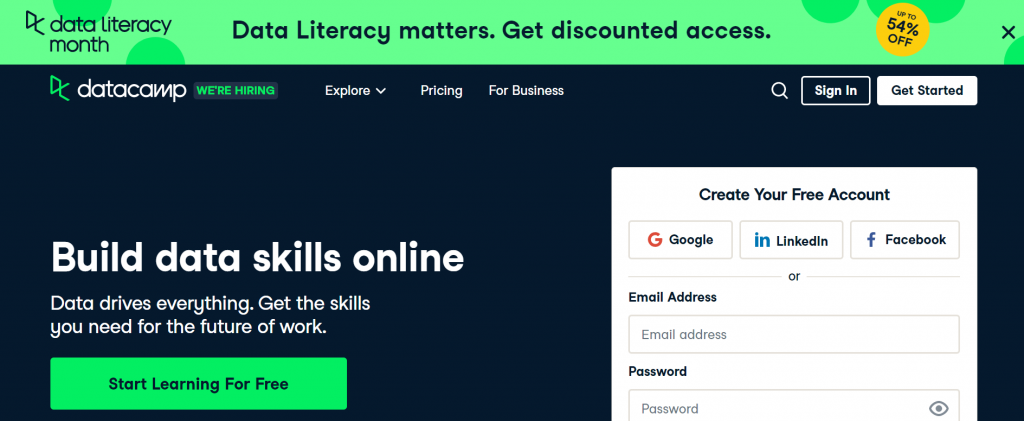Data science is the process of extracting meaning from data. In other words, it’s the use of dataanalytics and machinelearning to understand what a set of data means, and to make decisions based on that understanding.
In this introductory article, we’ll provide you with a brief introduction to data science learning, and outline some essential concepts that you’ll need in order to start practicing this exciting field.
What is Data Science?
Data science is the process of extracting meaningful insights from data. Data science can be broken down into two main areas: machine learning and analytics. Machine learning is the ability to build models that can learn from data and improve as it is used. Analytics is the process of using data to make predictions or understand patterns.
There are many different paths that you can take to becoming a data scientist, but all of them require a strong foundation in mathematics and statistics. Some common paths include graduate studies in applied mathematics, computer science, or statistics; acquiring a related expertise through self-study (e.g., coding, R, Python); or participating in an intensive program (e.g., at a university, corporate research lab).
What are the Components of Data Science?
Data science is a field of study that deals with the analysis of data using various methods. Data science practitioners work with data to produce insights that help them make better decisions. There are many different components that make up data science, and it can be difficult to understand what each one does without actually doing some practice. This blog section will discuss the different components of data science and how they can help you learn more about the field.
Data science is the process of understanding data and extracting insights from it. The goal of data science is to find patterns and make predictions from data so that businesses can make better decisions. There are many different components to data science, and each one is important in order for the process to be successful. This blog will explore some of the most important components of data science, and how you can start learning them today.
What is the Process of Data Science?
When it comes to data science, there is a lot of confusion on what the process actually entails. Many people think that you need to be a computer scientist or have some prior experience in data analysis in order to be a successful data scientist. However, this couldn’t be further from the truth. In fact, the process of data science can be broken down into four main stages: data acquisition, data preparation, data analysis, and interpretation.
Data science is a process of turning data into insights and then making predictions about the future. Data scientists use different tools and techniques to extract information from large data sets. Once the data is processed, they use algorithms to make predictions about how the data will behave in the future.
There are many steps involved in data science, but the process is often broken down into three main stages:
1. Collecting Data: This step involves acquiring raw data from external sources or collecting data that has been pre-processed.
2. Cleaning and Processing Data: This step involves cleansing and organizing the data so that it can be analyzed more easily. It can also involve removing noise and identifying patterns.
3. Analyzing Data: This step involves using algorithms to identify patterns and make predictions about the future.
How to Learn Data Science?
If you want to learn data science, there are a few things you need to do. First, you need to have some understanding of the basics of programming. Second, you need to be able to work with data. Finally, you need to be able to learn quickly. In this blog post, we will discuss each of these steps in more detail.
Learn That From Datacamp Website
Data science is one of the newest and rapidly growing fields in the tech industry. This field is all about using data to solve problems. Data science is a combination of many different skills and disciplines, including mathematics, statistics, engineering, and computer science. Learning data science can be a daunting task, but it’s worth it if you want to work in this field.
If you’re new to data science, start by learning the basics. Datacamp offers a great intro course that covers everything from data pre-processing to machine learning. If you want to learn on your own, we recommend reading online resources like Data Science For Dummies or Python for Data Science Quick Start guide. Once you have a basic understanding of how data works and how to use it, you can start solving real-world problems.
If you’re interested in becoming a data scientist, there are many different paths you can take. You could study at a top university with a specialization in data science, or you could take courses at a community college or online program. Whatever route you choose, make sure to put in the hard work and dedication it takes to become a successful data scientist.








